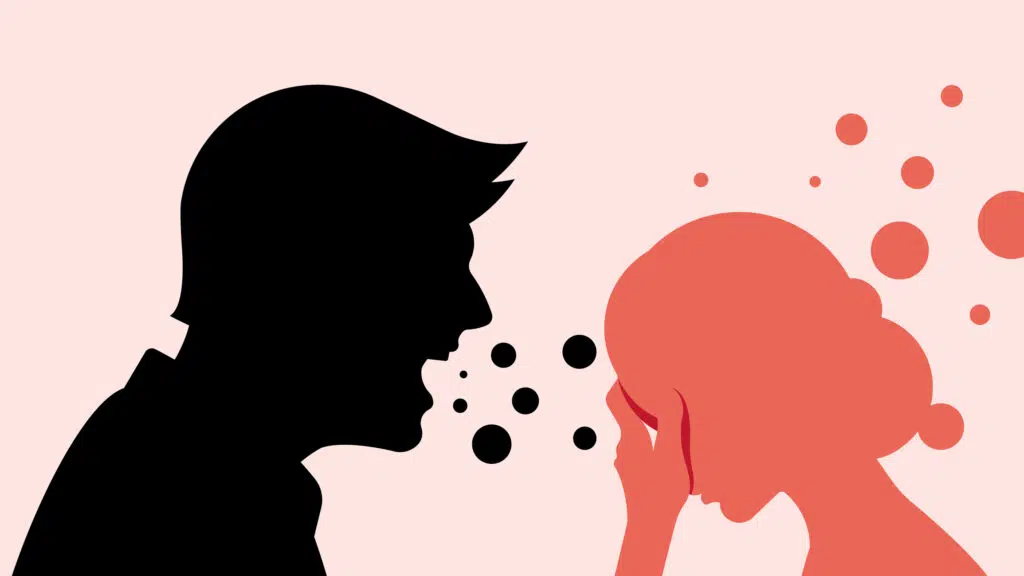How Can I Improve My Relationships?

If you have relationships in your life that you realize need improvement, know that simply recognizing the need is a vital first step in making relationships better.
At Thriving Center of Psychology, our team of highly skilled psychologists value the importance of healthy relationships. They offer a variety of services that can improve your relationship with yourself, your loved ones, and other people that contribute to your quality of life.
The complexity of relationships
Relationships are complex at every level. As humans, we develop relationships for a wide range of reasons, and the circumstances of life can sometimes have a negative impact on these connections.
Some common issues that can strain a relationship with a family member, a friend, or a romantic partner can include:
- Death
- Divorce
- Infidelity
- Financial issues
- Sexual or gender identity
- Physical or emotional abuse
New marriages and blending of families can also create relationship issues that affect all members of the family in different ways.
Signs a relationship needs improvement
Our team of psychologists recommends addressing relationship issues in the earliest stages, before issues get blown out of proportion and lives are altered.
You should seek their professional help if you notice changes in yourself, such as uncontrollable anger, mood swings, or frustration. It’s especially important that you meet with our team if you’re engaging in reckless behavior or self-medicating with alcohol or drugs.
While you can’t force help on someone else, know that the Thriving Center of Psychology team offers relationship therapy on different levels for individuals, couples, and groups.
The benefits of therapy for relationship issues
Professional therapy is an effective way to access the tools you need to improve yourself and your relationship with others.
Our therapists focus on helping you better cope with the circumstances that negatively impact your life and relationships. They also teach you how to improve your communication with others to break down the barriers that can result in arguments and hurt feelings.
Through a customized therapy plan, you can learn how to resolve existing relationship conflicts and prevent communication issues in the future. You’ll learn how to recognize your partner or loved one’s needs in a safe, judgement-free space and they, in turn, can learn more about what you need.
Therapy can also help you gain clarity about what you want in your life and relationships, so you can move forward with achieving your goals.
Convenient therapy options for everyone
Our providers at Thriving Center of Psychology offer therapeutic services to not only address conflicts but also the underlying triggers of relationship issues. They can address mental health disorders, such as post-traumatic stress disorder (PTSD), work stress, and substance abuse with strategies like:
- Psychotherapy
- Cognitive behavioral therapy
- Neurofeedback training
- Virtual reality exposure therapy
Therapeutic services are available at the office and through online video teletherapy, so you can have access to our therapists no matter where you are.
Get started on your journey to improve yourself and your relationships by booking an appointment online or over the phone with Thriving Center of Psychology today.

Understanding Impostor Syndrome: Breaking Free from Self-Doubt
Imposter syndrome can make you feel like a fraud with no confidence in your abilities. You’re not alone; so many people feel like this. The good news is that you can break free from imposter syndrome and overcome self-doubt; here’s how.

Supporting a Loved One with Mental Illness: Practical Tips and Resources
There isn’t one perfect way to support a loved one with mental illness. How you care for someone will depend on you and the person you support. Mental illness can affect all aspects of a person, from mood to behavior. It can come as a shock when a loved one is diagnosed with a mental illness.

Is My Relationship One-Sided?
Do you feel like you’re doing all the work in a relationship? When a relationship is one-sided, it can create stress and conflict. If one partner invests more energy and effort to make the relationship work, it creates an imbalanced dynamic that can be draining in the long haul.

How To Recover From Burnout?
Manageable and short-term stress can increase alertness and give you the focus to hit a tight deadline. But left unchecked, chronic stress can result in burnout, leading to complete physical, mental, and emotional exhaustion.

